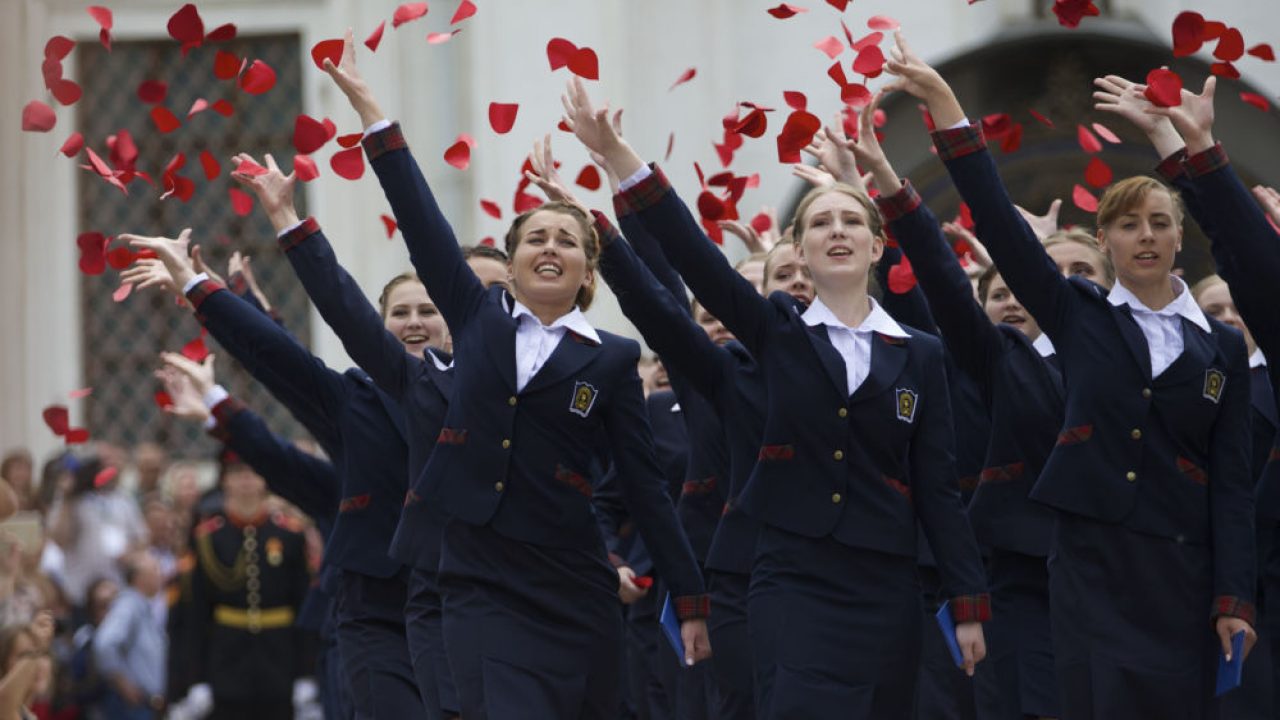Primary education in Russia provides the foundational knowledge and skills necessary for future academic success. It is a compulsory stage of education, typically spanning six years from the age of 6 or 7.
Key Features of Russian Primary Education
- Strong Emphasis on Literacy and Numeracy: The curriculum is designed to develop strong literacy and numeracy skills, including reading, writing, and arithmetic.
- Focus on Russian Language and Literature: Russian language and literature are core subjects, fostering a love for the Russian language and culture.
- Science and Mathematics: These subjects are introduced at an early age, laying the groundwork for future scientific and technological pursuits.
- Arts and Music: The arts and music are integrated into the curriculum to develop creativity and aesthetic appreciation.
- Physical Education: Regular physical education classes promote a healthy lifestyle and physical fitness.
The Role of the Teacher
Russian primary school teachers play a crucial role in shaping young minds. They are responsible for:
- Creating a Positive Learning Environment: Fostering a supportive and stimulating learning environment.
- Delivering Effective Instruction: Using a variety of teaching methods to cater to different learning styles.
- Assessing Student Progress: Regularly assessing students’ progress and providing feedback.
- Encouraging Creativity and Critical Thinking: Promoting independent thinking and problem-solving skills.
- Building Strong Relationships with Students and Parents: Establishing positive relationships to create a collaborative learning community.
Challenges and Reforms
While the Russian primary education system has many strengths, it also faces challenges, such as:
- Inequality: Differences in the quality of education between urban and rural schools.
- Bureaucracy: Excessive bureaucracy can hinder educational innovation.
- Outdated Teaching Methods: Some teachers still rely on traditional, lecture-based teaching methods.
To address these challenges, the Russian government has implemented various reforms, including:
- Modernization of Curricula: Updating curricula to reflect 21st-century skills and knowledge.
- Teacher Training: Improving the quality of teacher training programs.
- Technological Integration: Incorporating technology into classrooms to enhance learning.
By addressing these challenges and embracing innovation, the Russian primary education system can continue to provide a strong foundation for future generations.

Leave a Reply